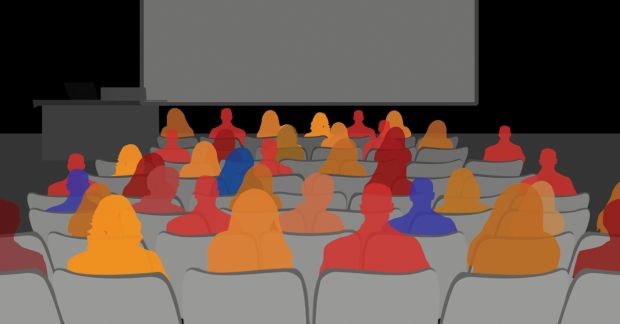By Emily Matthews, Year 10
In class, we don’t tend to discuss politics, even though we’re an international school.
There is the occasional time in English where we have political discussions, but when in class do we actually have discussions with the whole class involved?
Understanding politics is important for kids like us, between the ages of 13 and 18. We are beginning (or ending) the last stages of school, in which we will (or are) take(ing) the IB, apply for universities and of course, get prepared for the REAL world. In which politics are a major component.
From 18 onwards, all citizens are allowed to vote at a federal level. So why should we not talk about politics in classrooms?
The whole concept of “protecting” teenagers, is in some aspects, silly. Most of us are curious, and will find out what they mean anyway. Even when it comes to news, we are all curious (I believe).
Politics are a big part of life. You vote, you discuss. In classrooms, learning about the world around us is part of the preparation to becoming independent once we reach the appropriate age.
My old teacher in Year 8 used to show us the BBC one-minute news every time we had homeroom, and we’d discuss it. It helped us develop a shallow understanding of them, just through discussion. If, every time we had a mentor period, we set aside five, maybe ten minutes, we could further that understanding into something much greater, even a potential career. We could encourage quieter students to speak up and put forth their own opinion, and have the courage to hold their own. It increases confidence, tolerance of other cultures (something that is ALWAYS important) and it could teach them how to have civil discourse.
In short, discussing politics in class can really help the individual student.



